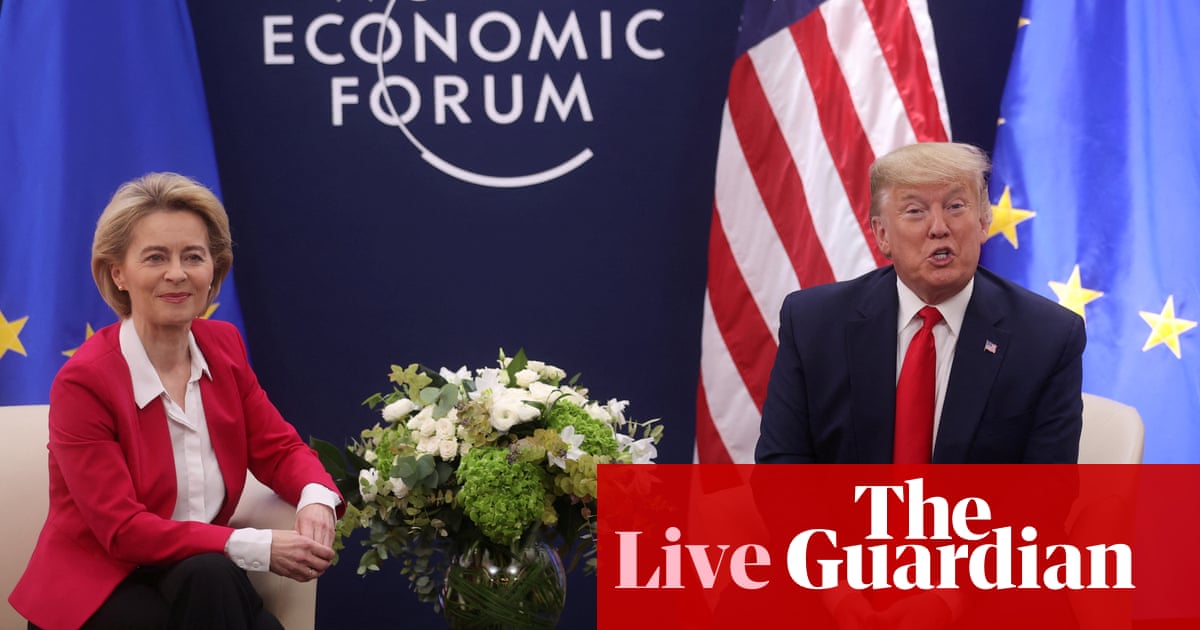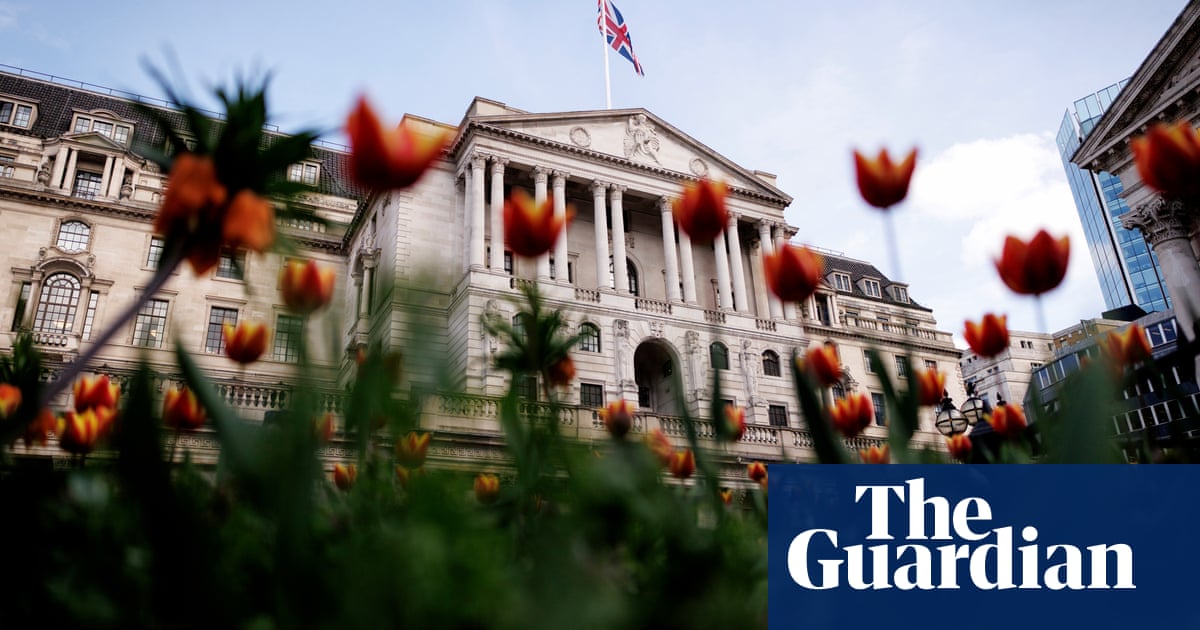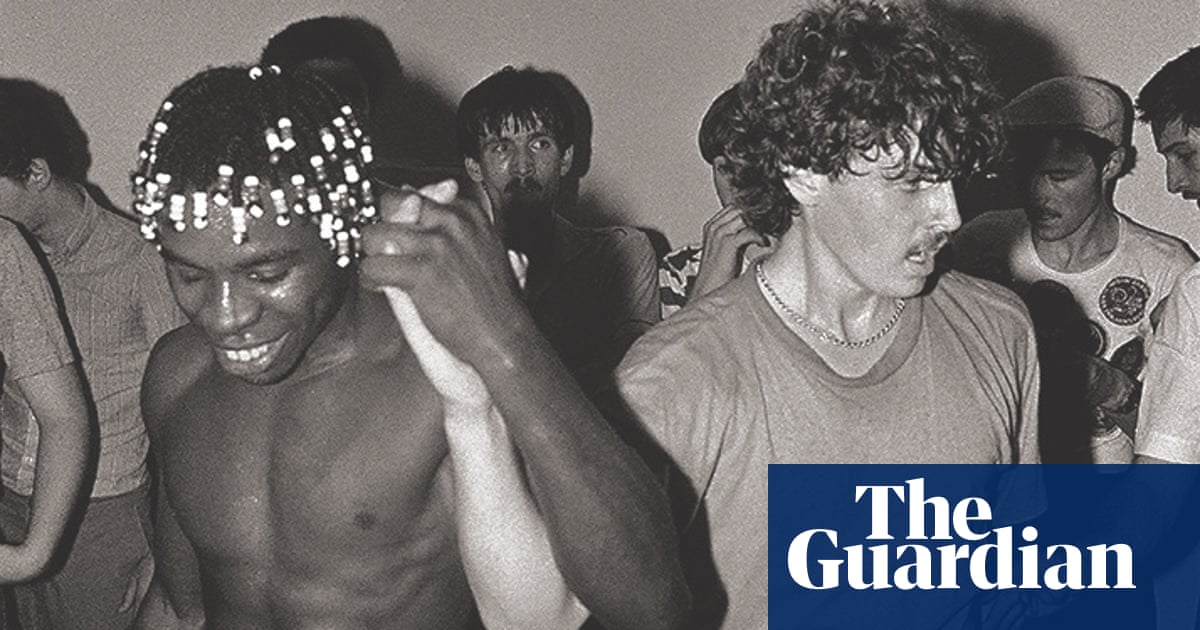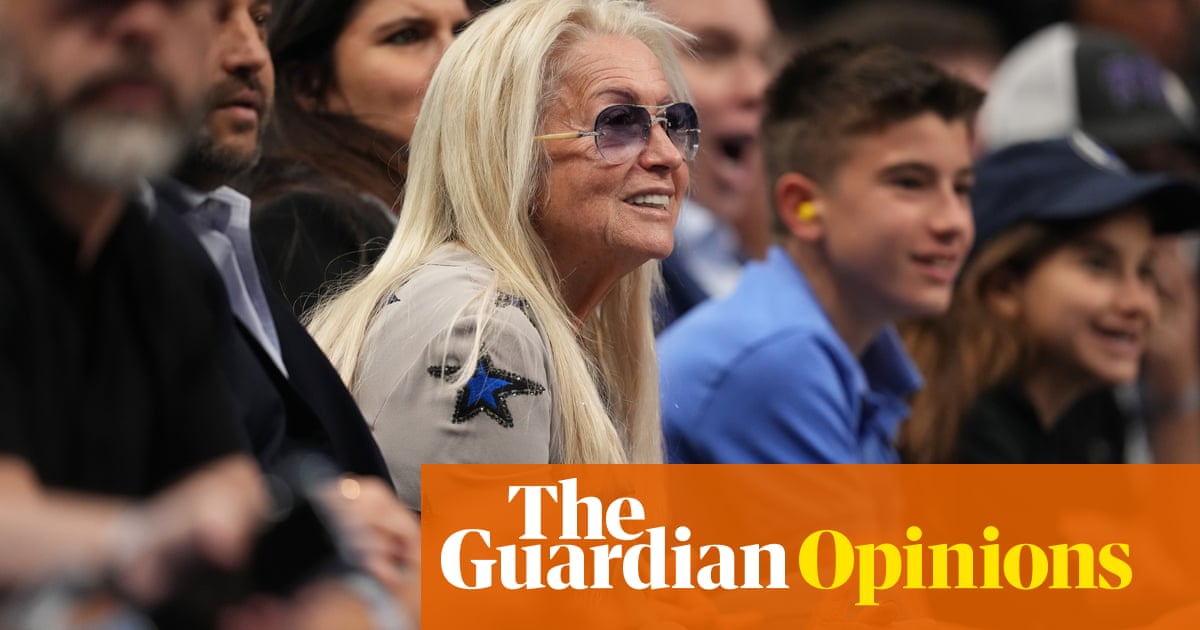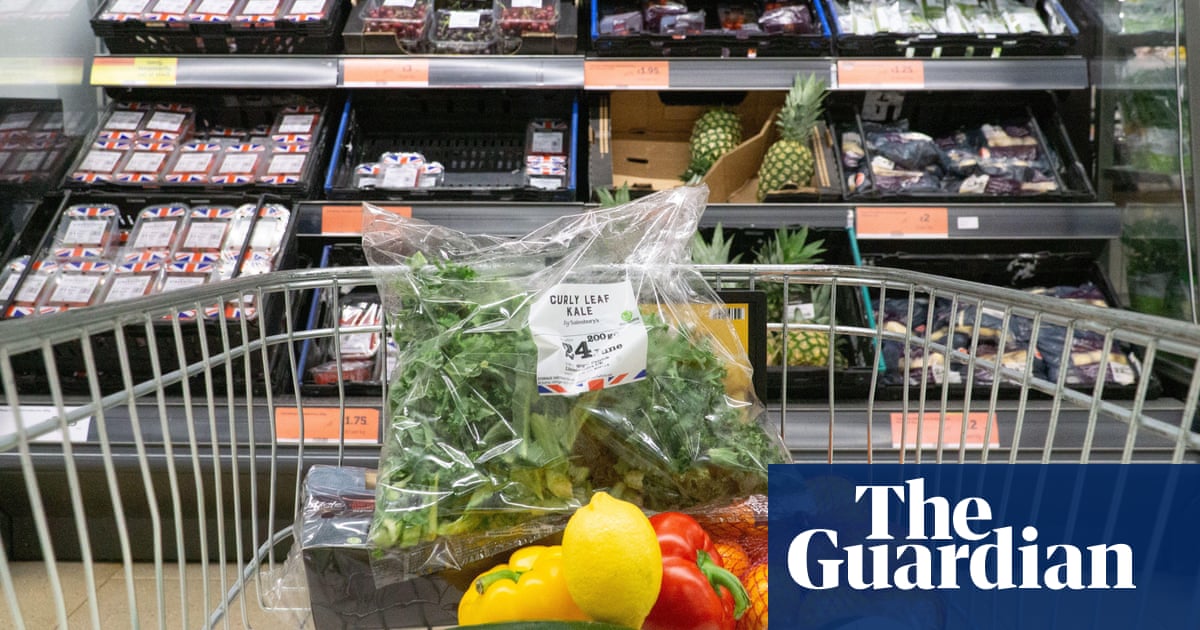Chelsea’s Mykhailo Mudryk has been provisionally suspended from football after being notified of a positive drugs test by the Football Association.
The winger has not featured in the club’s past five matches. Enzo Maresca, Chelsea’s manager, has cited illness as the cause of Mudryk’s absence.
However it has emerged that Mudryk, who has struggled since joining Chelsea for £89m in January 2023, has been missing since producing a contaminated ‘A’ sample. The Ukraine international is waiting to find out whether the result of a ‘B’ sample confirms the initial findings.
How do I sign up for sport breaking news alerts?
Show- Download the Guardian app from the iOS App Store on iPhone or the Google Play store on Android by searching for 'The Guardian'.
- If you already have the Guardian app, make sure you’re on the most recent version.
- In the Guardian app, tap the Menu button at the bottom right, then go to Settings (the gear icon), then Notifications.
- Turn on sport notifications.
A club statement said: “Chelsea Football Club can confirm the Football Association recently contacted our player Mykhailo Mudryk concerning an adverse finding in a routine urine test.
“Both the club and Mykhailo fully support the FA’s testing programme and all our players, including Mykhailo, are regularly tested. Mykhailo has confirmed categorically that he has never knowingly used any banned substances. Both Mykhailo and the club will now work with the relevant authorities to establish what has caused the adverse finding. The club will not be commenting any further.”
Mudryk has started only one Premier League game this season, in which he was taken off at half-time, but has been a regular in the Conference League and Carabao Cup. His most recent appearance was at Heidenheim on 28 November, where he scored in Chelsea’s 2-0 victory.
He posted on Instagram: “This has come as a complete shock as I have never knowingly used any banned substances or broken any rules, and am working closely with my team to investigate how this could have happened.
“I know that I have not done anything wrong and remain hopeful that I will be back on the pitch soon. I cannot say any more now due to the confidentiality of the process, but I will as soon as I can.”
Paul Pogba was suspended by four years by Italy’s national anti-doping organisation in September 2023 after a positive test but that was reduced to 18 months after an appeal to the court of arbitration for sport. The midfielder said after the reduced ban was confirmed: “I always stated that I never knowingly breached world anti-doping agency regulations when I took a nutritional supplement prescribed to me by a doctor, which does not affect or enhance the performance of male athletes.”
The FA’s anti-doping advice card for players starts by stating: “As a player you are solely responsible for any banned substance you use or that is found in your system, regardless of how it got there and whether there was an intention to cheat or not.” It points players to the World Anti-Doping Agency (Wada) prohibited list and says they are “strongly advised to be very cautious if they choose to take any supplement”.
The FA declined to comment.

.png) 3 months ago
27
3 months ago
27

